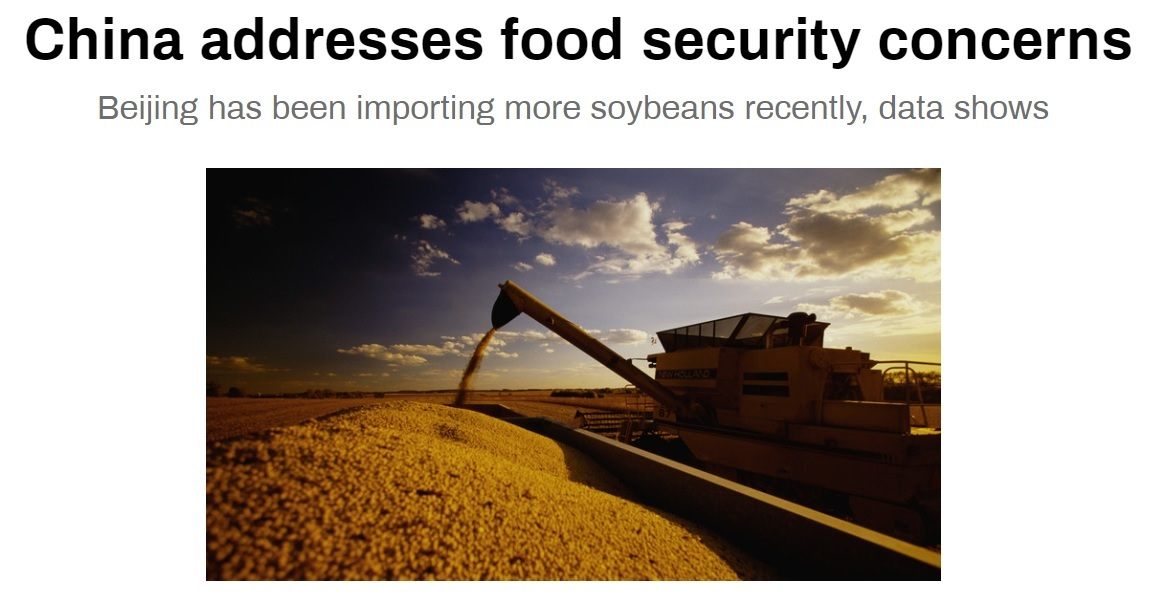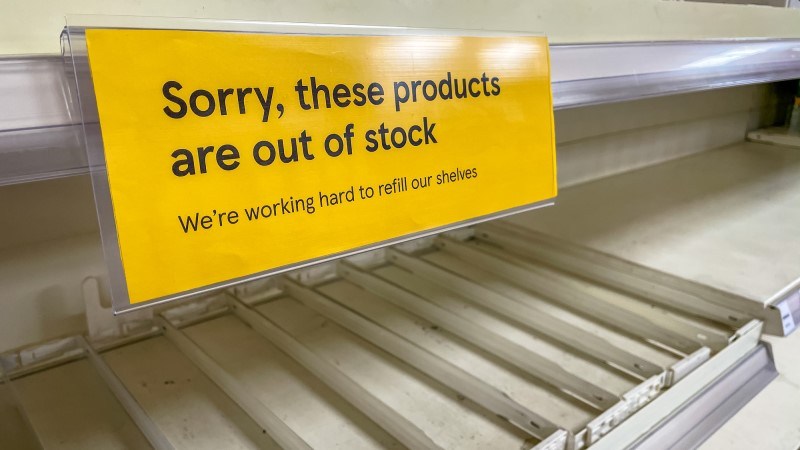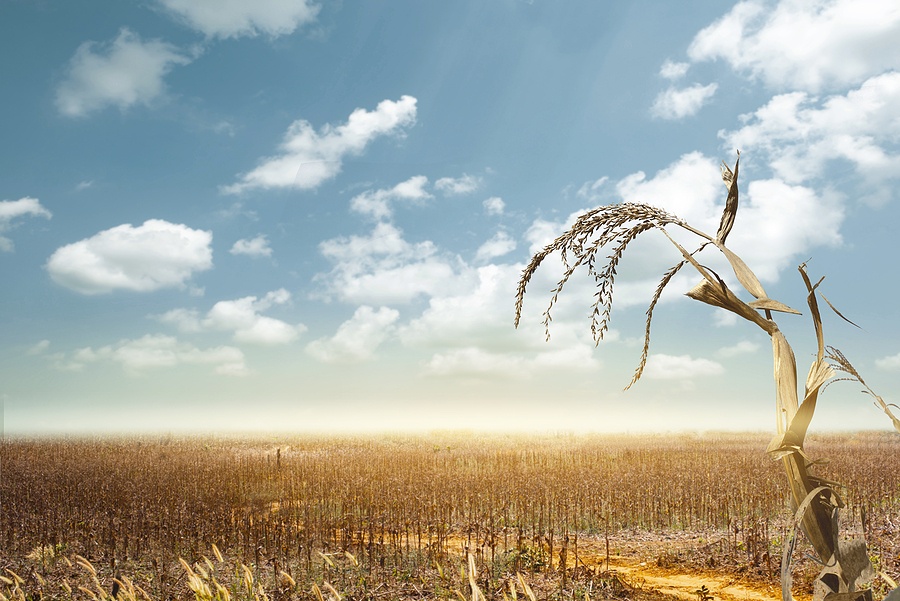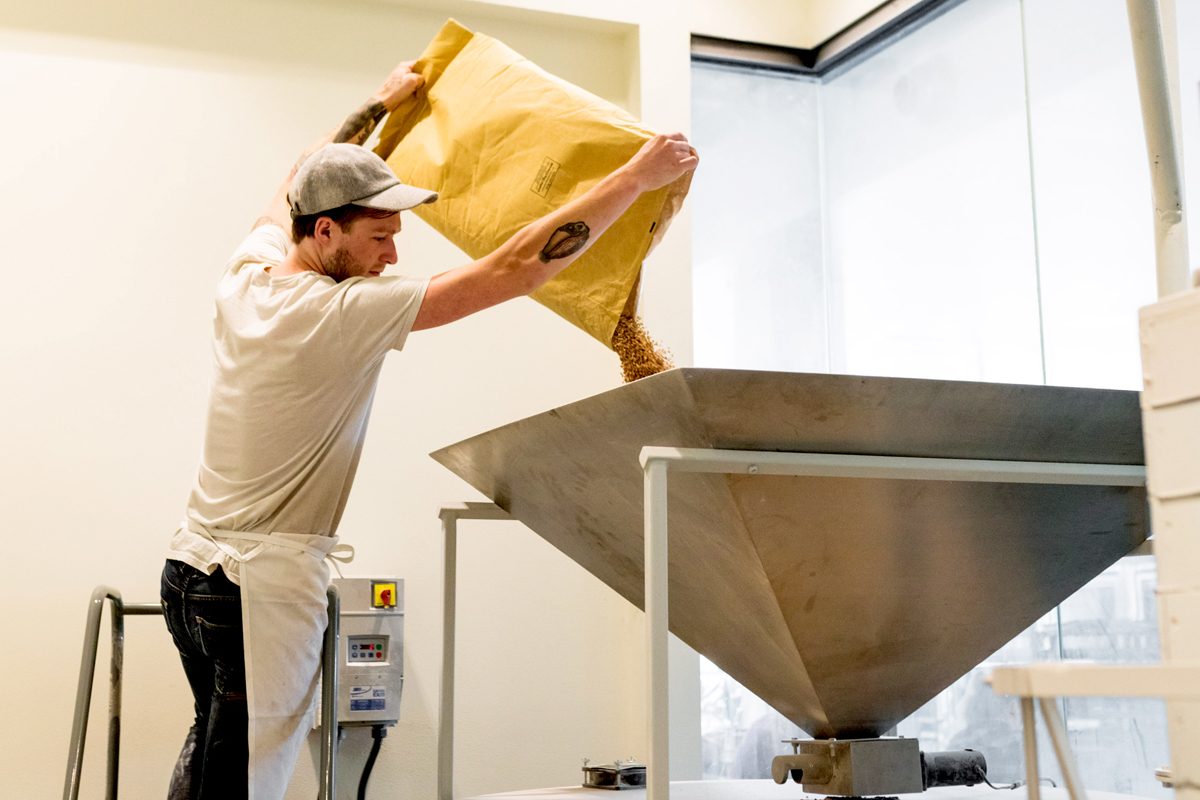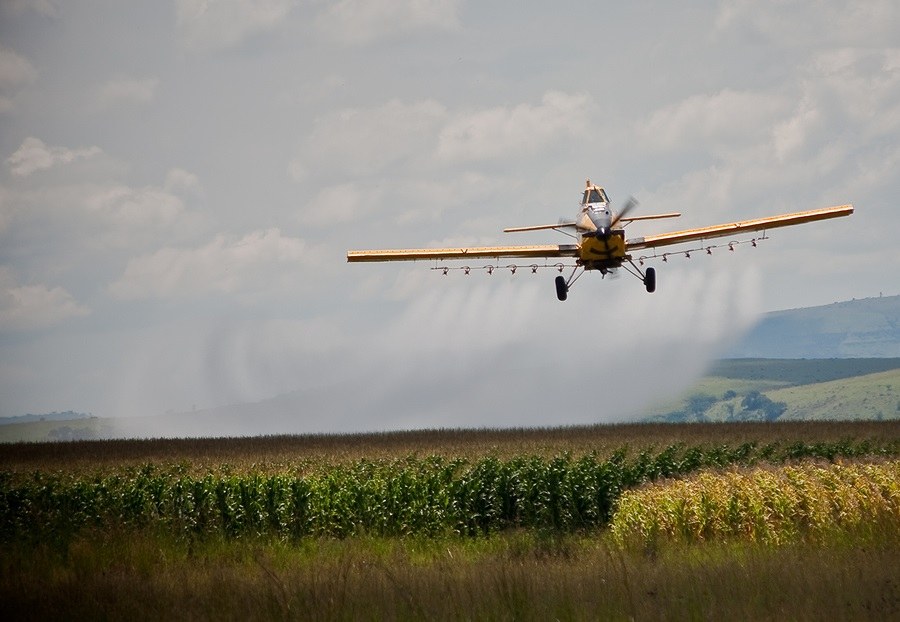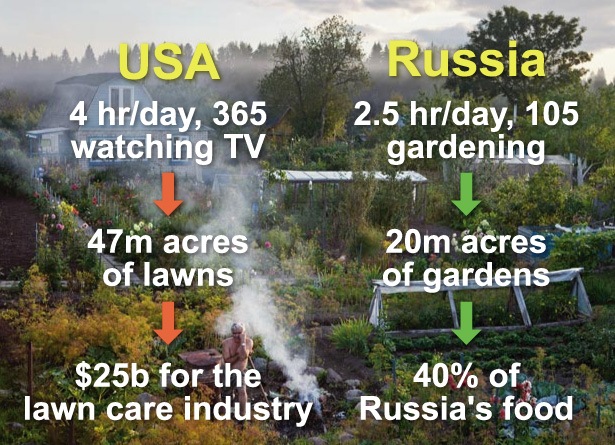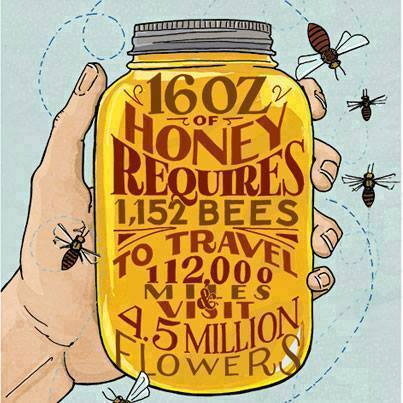The online "prepper" community has probably produced more false prophets over the past couple of decades than any other online community.
With every pending catastrophe facing society, their "Chicken Little the Sky is Falling" doomsday message always seems to fall short of predicting the collapse of society.
I was a big part of this online prepper community starting back in 1997, as I began to prepare my family for what could have been one of those catastrophic events that seemed at the time to be possibly pending, Y2K, where the world's computers changed the year on their internal clocks from 1999 to 2000.
Fortunately, and possibly due in a large degree to the Y2K fear, the IT community made mammoth changes to try and prevent this from happening, and those fears never materialized.
I never apologized for being a "false prophet," however, because spending almost 3 years studying how fragile our supply chain was, and how dependent people were on the economic "system," forced me to make some major changes in my life and how I viewed the world's economic system.
In 1998 I moved my family to my wife's home country, the Philippines, where we renovated her family's long abandoned farm house in a remote mountainside community where we began to live in preparation for the Y2K events to unfold.
Y2K passed and the world survived, and I began to publish much of what I learned about sustainable, traditional food and herb production in the Philippines on the Internet, which soon grew into a business that I could support my family with, and bless many other people with as well.
Today, if you are unfamiliar with the "prepper" mindset as we head into the winter of 2021-22, your life may be in imminent danger, and the "Chicken Little the Sky is Falling" doomsday prophets may finally be coming true.
And if it is, many of you reading this today may end up dying, especially if you have not stored up food, have no reserve water plans in place, and have no alternative energy plan in place if you live in a cold climate where you would not survive more than a night or two without heat.
I hope I am wrong, again. I really do! But it is never fruitless to make preparation plans for something that may never happen. It produced a new business and way of life for me, back in 2000. I have never regretted becoming a "prepper" and planning for the destruction of our modern, fragile, economic system.
But if you are dependent on the "system" to always be there to protect you in times of national emergencies, your life may be hanging by a thread right now if that system collapses, and you have no plans in place for such an event.




